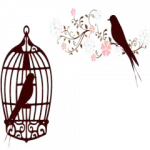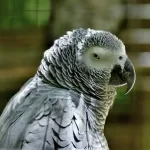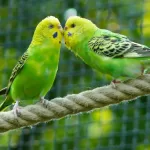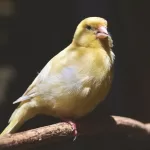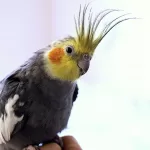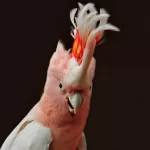Parrotlet Care Guide
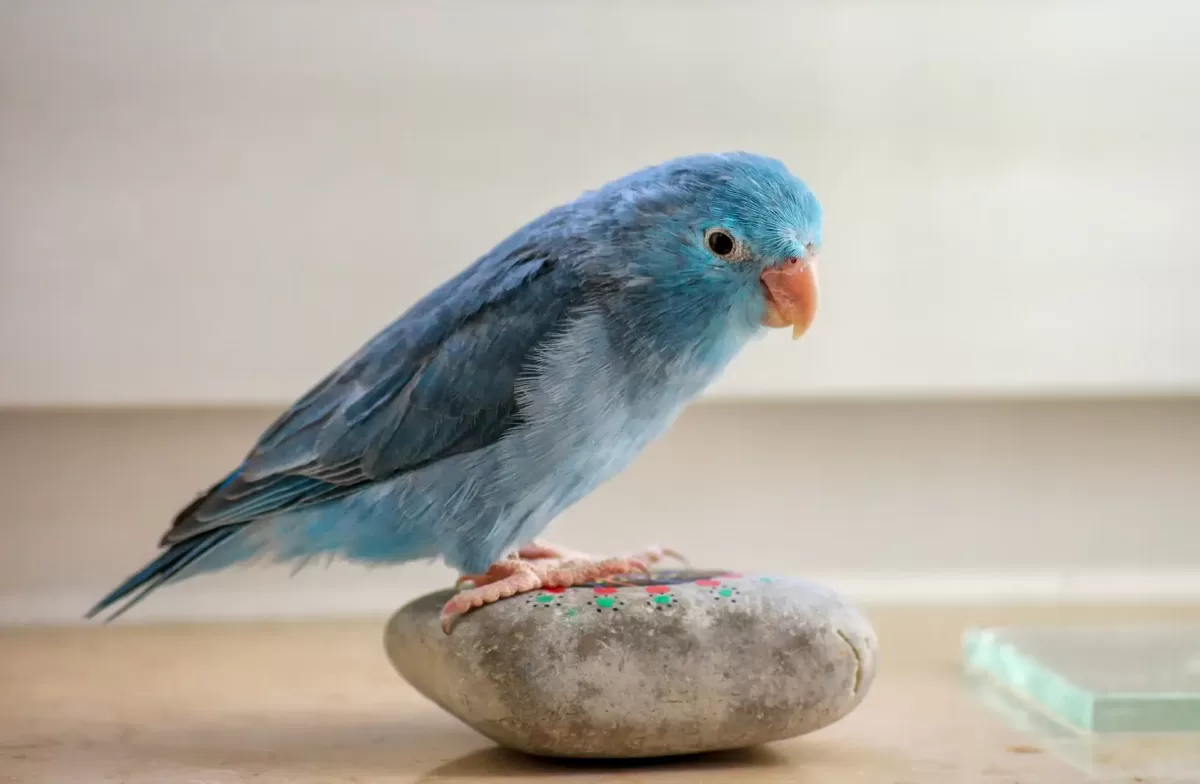
The smallest members of the parrot family, Parrotlets, often called pocket parrots, are colorful, playful, charming, and highly intelligent birds that make excellent and entertaining companions in any home. Learn all about Parrotlet care here.
Parrotlet Size:
Parrotlets are “big birds” in tiny bodies. Intelligent and fearless.
Slightly smaller than parakeets, the Parrotlet grows to about 5 inches at full maturity.
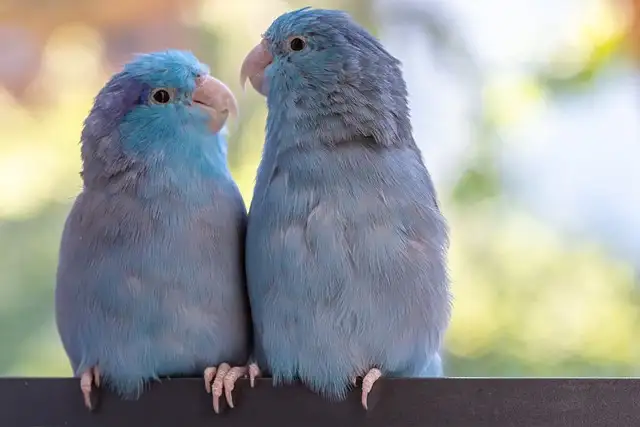
When kept well Parrotlets can live up to 20 years in captivity.
Parrotlet Care:
Unlike most pet birds, the Parrotlet is one that typically does better alone, in fact when kept in pairs one Parrotlet is likely to become dominant over the other, exhibiting possessive and even bullying behaviors.
Parrotlet Diet:
The diet of the parrotlet is very close to the diet of the parakeet, lovebird, and cockatiel. A balanced blend of low-fat seed mixture (about 75%) along with some fresh fruits and vegetables (about 25%) daily will meet their nutritional needs.
Parrotlet Habitat:
Despite their smaller size, Parrotlets are highly active and intelligent so need a lot of room to move around, spread their wings, and play in, so to keep your bird happy and healthy ensure to provide an adequate-sized cage.
Parrotlet Behavior:
Parrotlets tend to be little bundles of energy. They’ll spend hours swinging, climbing, exploring, and playing with the toys you provide them–as well as anything else they can find.
It should be kept in mind that Parrotlets have very strong beaks for their tiny size, so when purchasing toys or other items for them be sure to get things made for bigger birds like cockatiels and conures, not budgies or parakeets or finches, and constantly check their toys and perches for signs of wear, they will need to be replaced a little more frequently than with other birds.
Parrotlet Care Conclusion:
Not just active and intelligent, but Parrotlets are also very affectionate birds that tend to form strong bonds with their human keepers. When raised and tamed from an early age they make excellent and entertaining companions for owners of all experience levels.
Dive deeper into this fun bird with information straight from veterinarians.

Nicholas Burns – Veterinary Technician, amateur Ornithologist
Nick has volunteered at bird rescues since he was a teenager and worked as a veterinary technician for almost two decades. He has extensive experience with animal care and a special love for birds, especially his African Grey, Scrooge (who knows all the bad words!).
